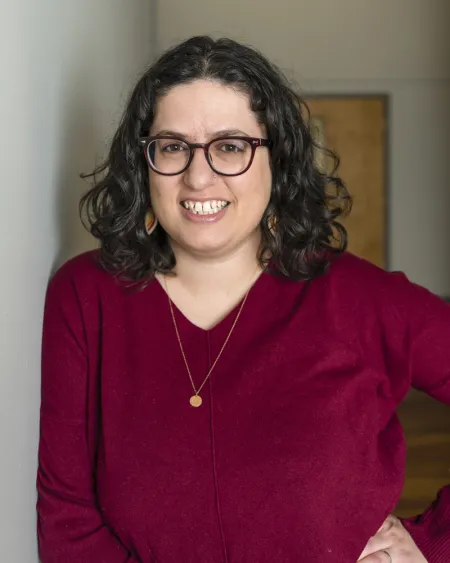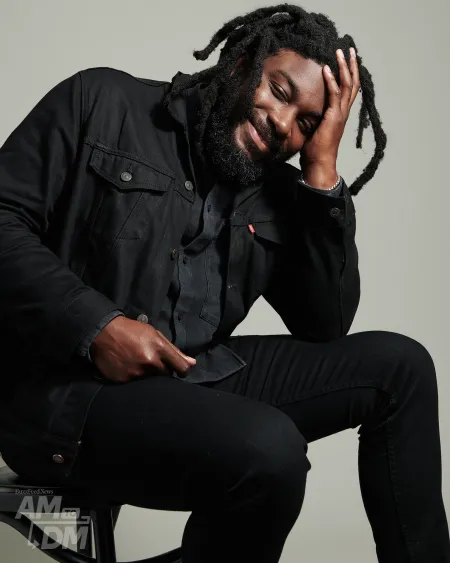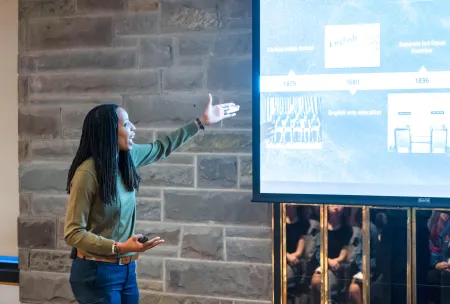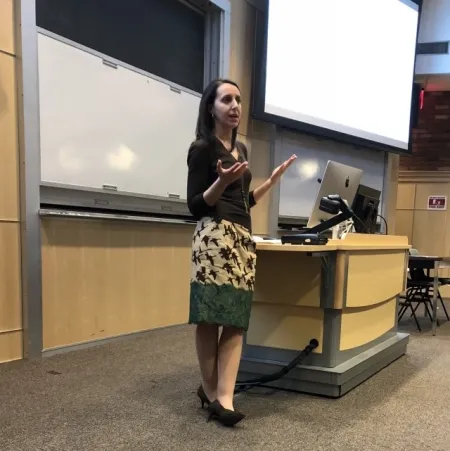Alex Shevrin Venet and her text, Equity-Centered Trauma-Informed Education were the focus of the 2023 Spring Lecture and Community read. She focuses on how trauma-informed practices advance social and racial equity, honestly exploring trauma from a practitioner perspective. In addition to a clear-eyed account of her own teaching practices, she explores how systems of inequality intersect with the trauma of students, professionals, and families--and how we can work collaboratively to advance healing and humanity.
According to Alex, "I believe that all students need a safe and caring school environment. We can create this environment through unconditional positive regard, recognizing the dynamic and complex lives of our students. Systems change is just as important as our individual actions." Trauma-informed education includes examining the influence and impact on students in our schools of factors such as racism, poverty, peer victimization, community violence, and bullying.
Alex delivered a public lecture on the Ithaca College campus March 27, 2023 and engaged with a stakeholder group of college students, staff, administrators, and faculty in a smaller-group dialogue during her visit. Copies of the text were distributed to community partners.



